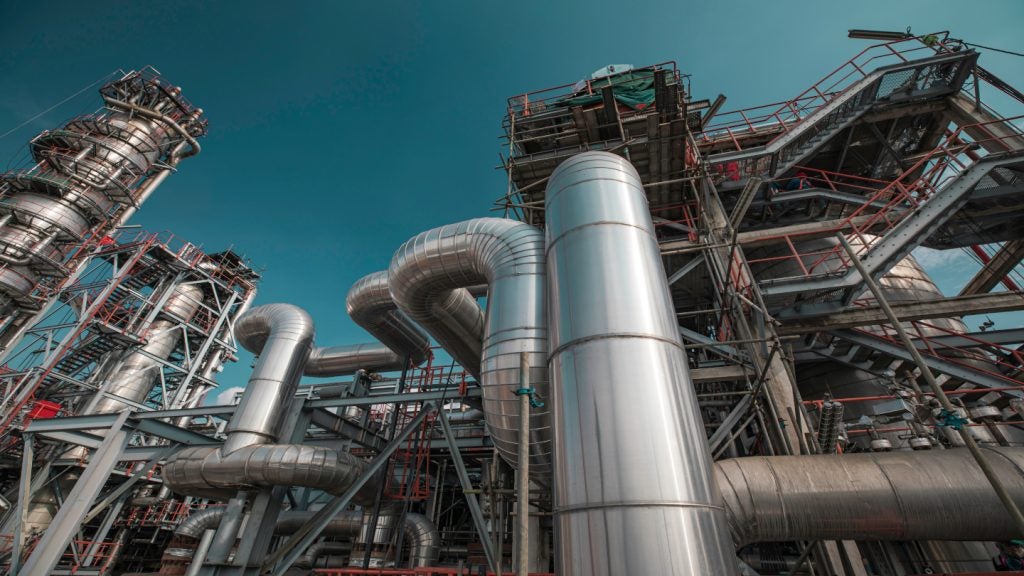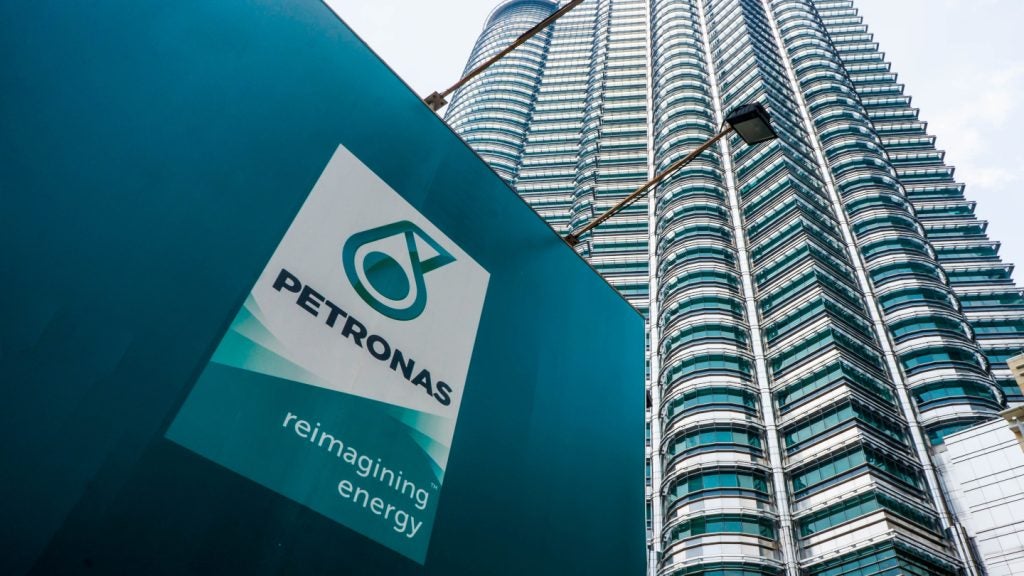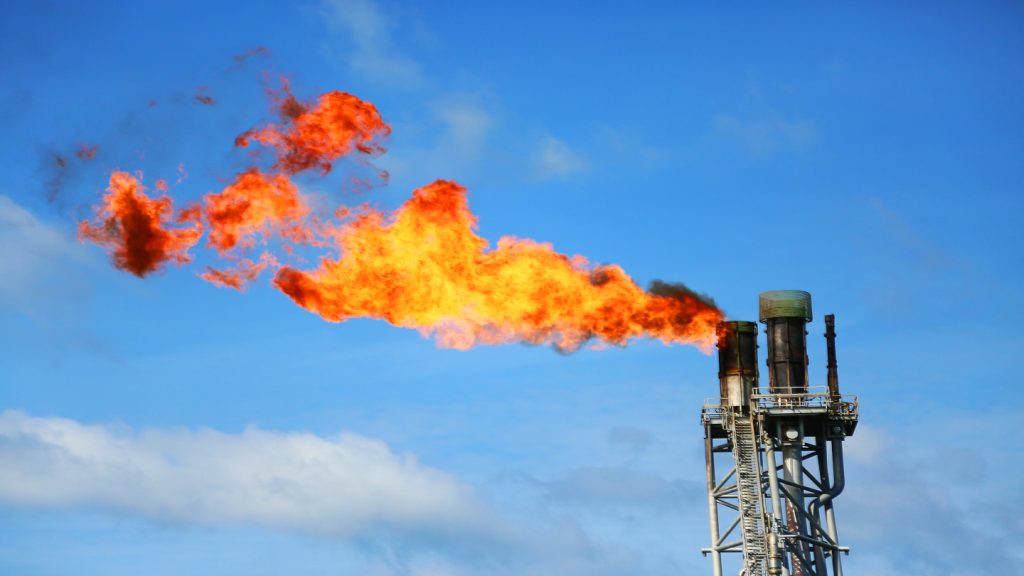Hungary, which relies heavily on Russian crude oil imported through the Druzhba pipeline, is preparing to hold discussions with regional allies to counteract the economic repercussions of rising oil prices, reported Reuters.
Hungarian Foreign Minister Péter Szijjártó announced the planned talks but did not specify which countries Hungary would approach.
The imposition of the broadest sanctions package yet by the US on Russia's oil and gas sector is expected to impact global oil markets.
Aimed at curtailing Russia's oil and gas revenues, the cautions are anticipated to give Ukraine and Trump's incoming US administration leverage in negotiating peace.
Economists anticipate that the sanctions will contribute to a rise in December inflation rates to 4.4%, surpassing the target range set by the National Bank of Hungary. The bank had previously halted its rate easing cycle in response to currency depreciation and a resurgence in inflation rates.
The sanctions are poised to disrupt Russian oil supplies to major buyers such as China and India. As a result, refiners in these countries may increase their procurement from the Middle East, Africa, and the Americas, leading to higher oil prices and freight costs.
The shift in trade patterns has been influenced by Western sanctions and a price cap on Russian oil set by the Group of Seven countries in 2022, which redirected Russian oil exports from Europe to Asia.
China, which predominantly imports Russian ESPO Blend crude, and India, a major buyer of Urals oil, are likely to be pushed back into the compliant oil market to seek additional supplies.
This change comes as the Biden administration designates more ships dealing with Iranian crude, in anticipation of stricter measures from the Trump administration.
Consequently, the Shandong Port Group has prohibited sanctioned tankers from docking at its ports in eastern China, further complicating the global oil trade landscape.















